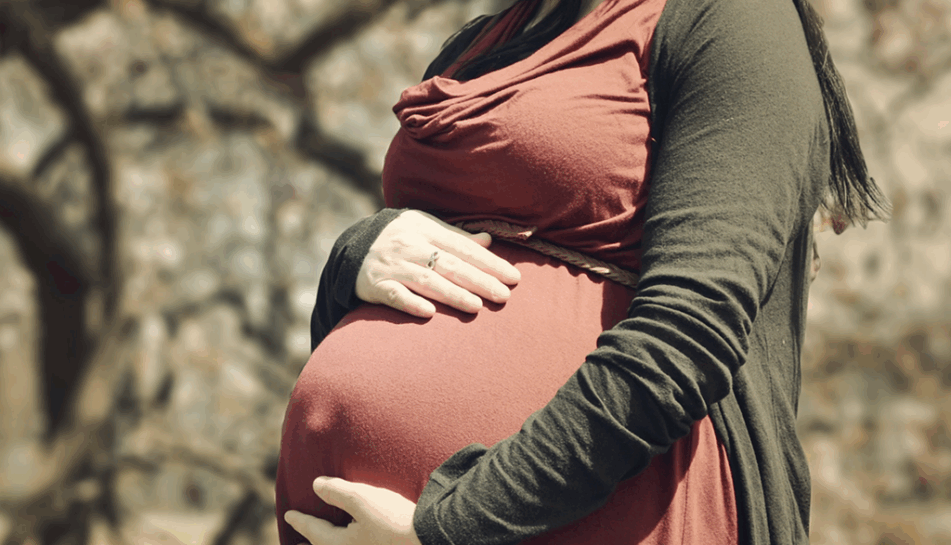President Trump’s Executive Order states that children born on U.S. soil to women who are (1) unlawfully present in the United States or (2) temporarily authorized to be here, such as under a tourist visa or a student visa, and (3) (in both cases) whose father was not a United States citizen, do not automatically receive U.S. Citizenship by virtue of being born on our soil. In signing the Executive Order, Mr. Trump stated that the United States was the only country in the world to award citizenship to anyone who happens to be born within its borders.
The Executive Order was based on Mr. Trump’s interpretation of the Fourteenth Amendment to the United States Constitution. The Fourteenth Amendment was passed after the Civil War, and its Citizenship Clause was written to assure that full citizenship extended to the newly freed Black population.
The citizenship clause in the 14th Amendment reads, “All persons born or naturalized in the United States, and subject to the jurisdiction thereof, are citizens of the United States and of the state wherein they reside.”
The interpretation of exactly what this means turns on the interpretation of the subordinate clause “and subject to the jurisdiction thereof.” What this means is not undefined, and is not a case of “first impression.” but though these words have been interpreted in the past, there is no new jurisprudence on this subject. Legalities.com discussed this issue in greater depth in our posting, “Does the Constitution Require “Birthright Citizenship”?”
Mr. Trump’s Executive Order defines which persons are “not subject to the jurisdiction” of the United States, for the purpose of determining citizenship upon birth, to include the following:
“Among the categories of individuals born in the United States and not subject to the jurisdiction thereof, the privilege of United States citizenship does not automatically extend to persons born in the United States: (1) when that person’s mother was unlawfully present in the United States and the father was not a United States citizen or lawful permanent resident at the time of said person’s birth, or (2) when that person’s mother’s presence in the United States at the time of said person’s birth was lawful but temporary (such as, but not limited to, visiting the United States under the auspices of the Visa Waiver Program or visiting on a student, work, or tourist visa) and the father was not a United States citizen or lawful permanent resident at the time of said person’s birth.”
Read the full Executive Order on Birthright Citizenship.
It didn’t take long for U.S. District Court Judges to start blocking President Trump’s efforts, just as they did repeatedly during his first term. The ink was hardly dry before a U.S. judge blocked President Donald Trump’s Order limiting birthright citizenship.
U.S. District Judge John Coughenour in Seattle ordered the the Trump administration not to enforce Mr. Trump’s Order, that would have denied birthright citizenship to babies born of parents illegally in the United States.
“This is blatantly unconstitutional order,” Coughenour said during the court hearing, without even allowing the government lawyer to finish his argument.
Judge Coughenour made his Order permanent two weeks later, indefinitely blocking President Trump’s efforts to end birthright citizenship for children born to parents without legal immigration status.
The Department of Justice appealed this judge’s order to the Supreme Court, where the concept of “Nationwide Temporary Injunctions” was struck down. But no ruling on the merits of the Executive Order has been made.
Several other lawsuits were also filed almost instantly against Mr. Trump’s Executive Order. Literally hours, not even a day, after President Trump issued his Executive Order ending “Birthright Citizenship,” a coalition of 18 states (all led by Democrat Attorneys General), and joined by two cities (also led by Democrat politicians), filed their lawsuit to oppose Trump.
Those states and cities joining together to block Trump’s efforts to end Birthright citizenship are California, Colorado, Connecticut, Delaware, Hawaii, Maine, Maryland, Massachusetts, Michigan, Minnesota, Nevada, New Jersey, New Mexico, New York, North Carolina, Rhode Island, Vermont and Wisconsin, and the cities of Washington, D.C. and San Francisco, California. In a 50-page Complaint, they claim to be bringing “this action to protect their states, localities, and residents from the President’s flagrantly unlawful attempt to strip hundreds of thousands [of] American-born children of their citizenship based on their parentage.” They decry Mr. Trump’s effort “to abrogate this well-established and longstanding Constitutional principle by executive fiat.”



